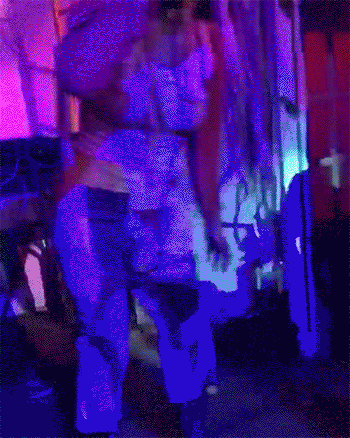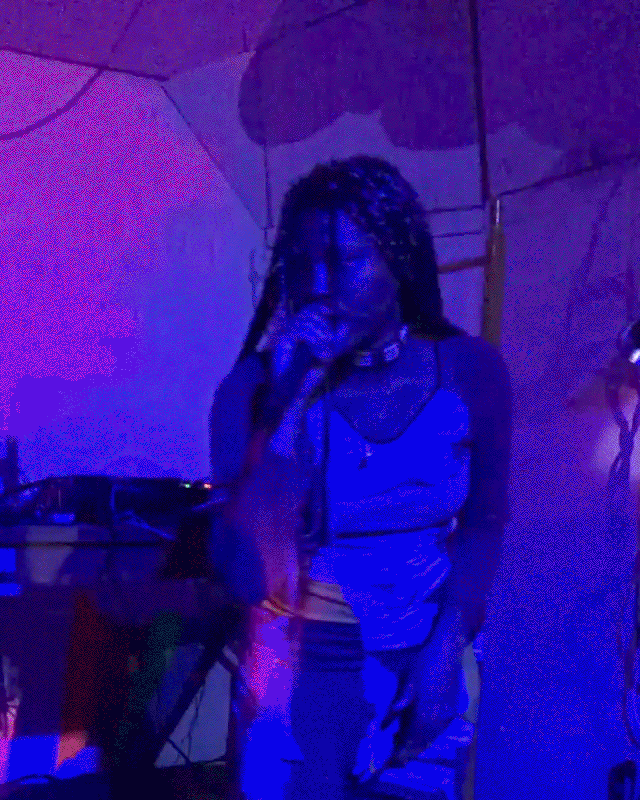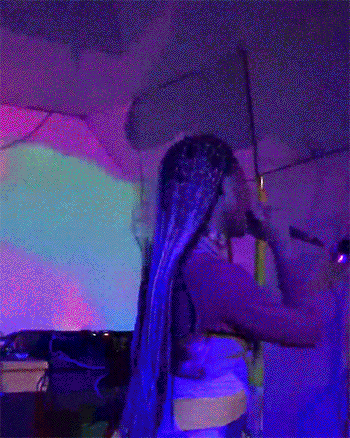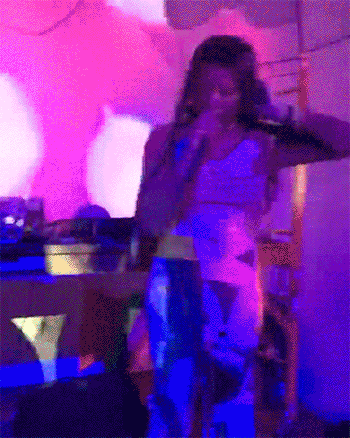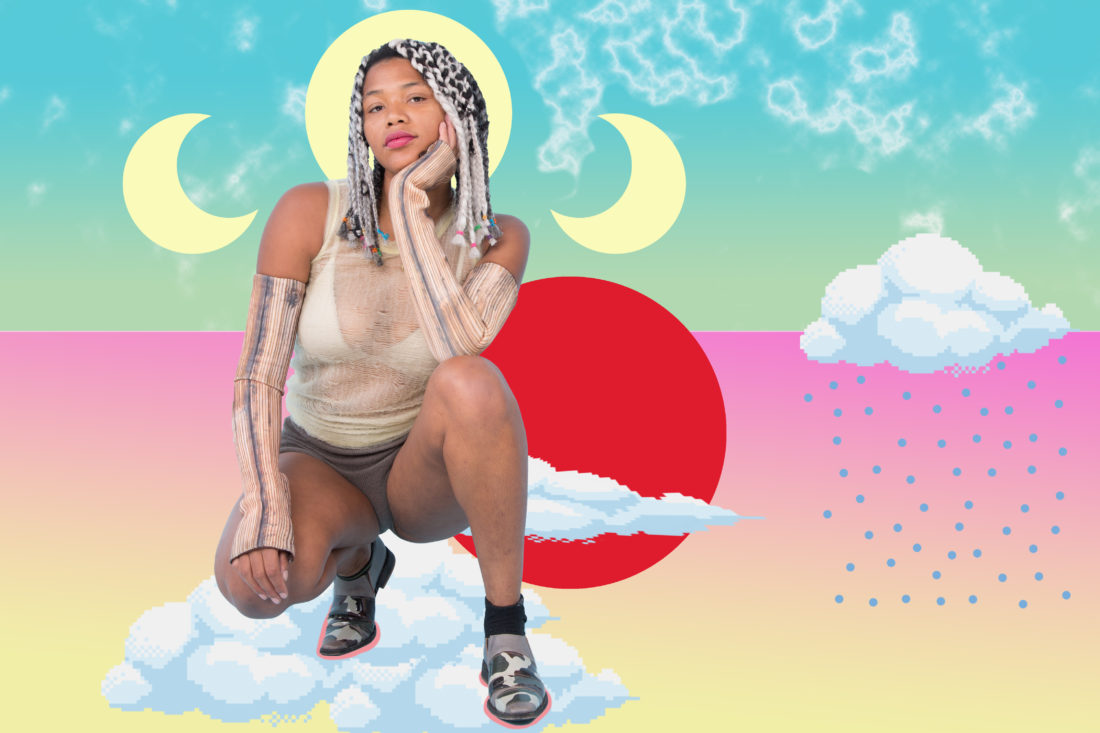
Helmut Lang top Fall 1999, No Sesso Gloves Fall 2016, Womxn’s Rites handloom shorts Fall 2017-present, Comme des Garçons shoes Spring 2004.
DoNormaal is an artist living in Seattle and experimenting in morbid, emotional, prayer.
Arranging a photo shoot and interview with DoNormaal brought me back to working on an artist’s timeline. Over six months in the making, the images feature Prairie Underground garments styled with items from my personal archive and DoNormaal’s wardrobe. They exemplify our approach to slow fashion and a sustained commitment to previous season designs.
DoNormaal’s distinctive personal style resembles a contemporary Prairie Underground muse and is remarkably similar to the way Camilla and I dressed in the 90’s. Seattle artist Mel Carter created the Apollonian edits of our shambolic shoot that have resulted in some of my favorite images of our career.
The following interview is an excerpt from an hour and a half conversation with Christy after attending Northwest New Works at On the Boards. The abrupt introduction is intended to reveal that fact. It’s one of the most in-depth interviews on record of an incredible artist.
– davora lindner
Text by:
Davora Lindner & DoNormaal
Listen/Buy DoNormaal’s album:
Soundcloud
Bandcamp
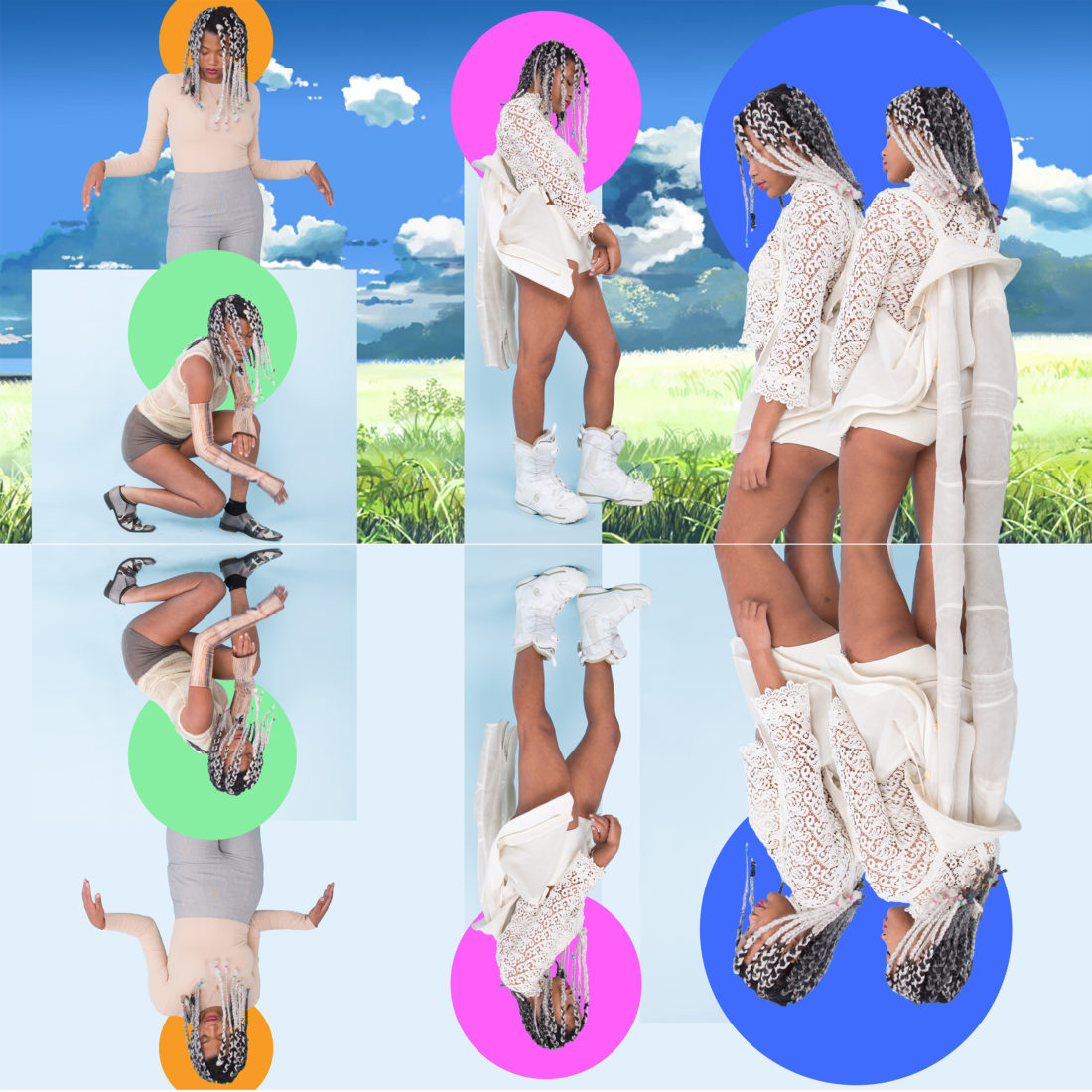
A lot of people are talking about memory now, one of the things with MCs in particular, you deal with a lot of language. It’s an avalanche of treatise and manifesto. It’s extraordinary that people can summon that poetry.
DoNormaal: I have a strong audio memory, when I’m writing songs I kind of memorize it as I write it and usually don’t have to practice memorizing. As I write I’ll be going back over each part, it happens quickly.
It has to do with the visual part of it too, for me, my songs paint a string of images which tell a story, I memorize the story as I go, the story unfolds and I know what comes after that line because I can see it in my head, I can see the unfolding of the visual imagery like a movie and that helps me with the memory.
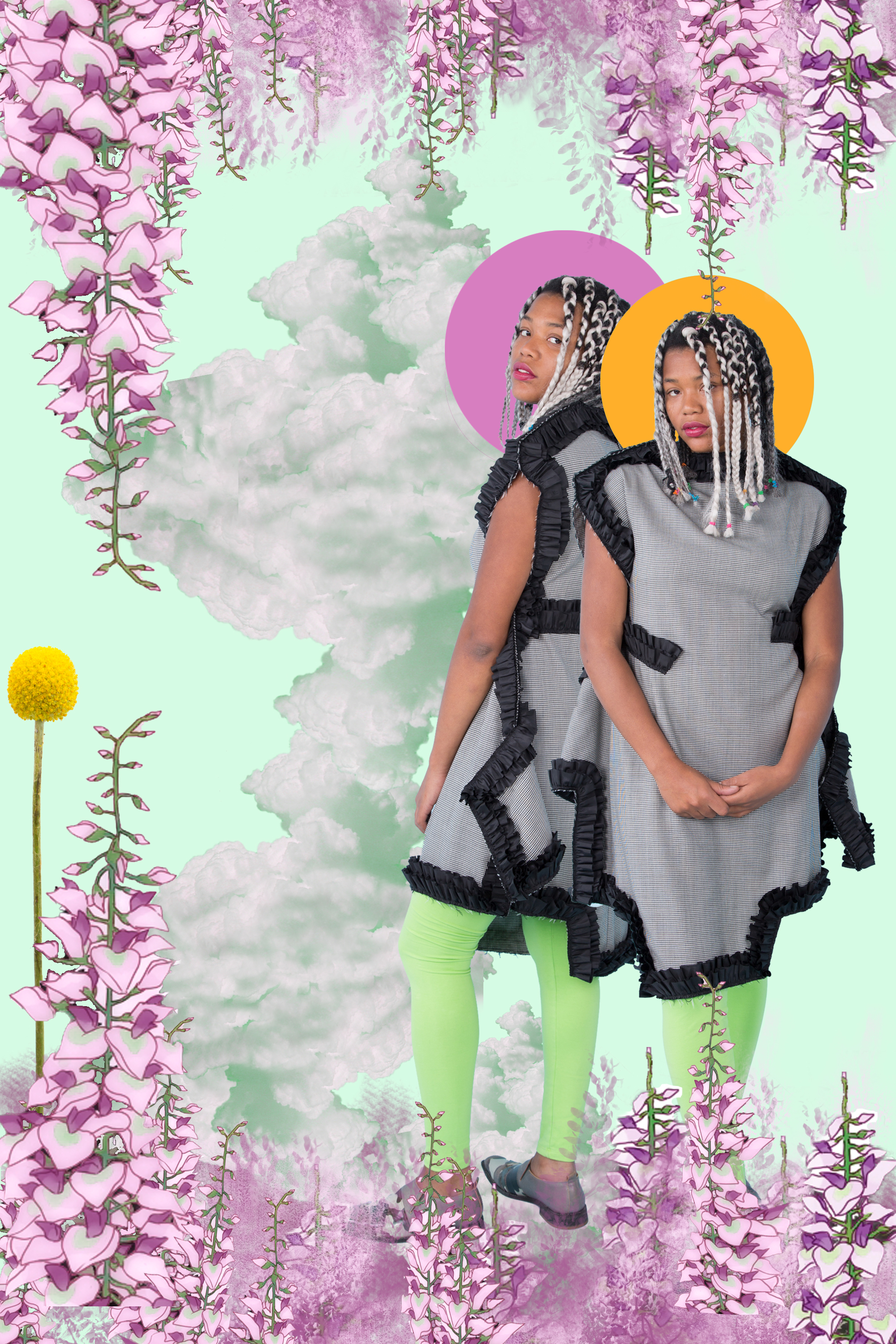
The last time I saw you, you were speaking to a couple about Kanye and I was eavesdropping, to hear the dialogue. It seemed like a lively exchange. I’m curious to hear what you think about his recent album? He’s an important artist to you.
All of the albums before Life of Pablo were a really integral part of my growing up all the way from The College Dropout to Yeezus, those albums are so genius and spoke to me as a young black person that felt like I had a lot to say, very much in a white world and kind of overlooked. I like Pablo and the new one too but I haven’t delved as deeply into those. I feel that Kanye makes music that champions the genius underdog, the genius inside of us all that doesn’t often get recognized. You have to fight to love yourself in this world and for other people to appreciate you and to be able to appreciate yourself, especially as a black womxn or any minority or marginalized person. It’s threatening to know your worth.
There’s something about who he is that is just really holy and special. People don’t want to give him that and they get mad when he gives it to himself. Maybe they get mad BECAUSE he gives it to himself. I think that’s very much a part of his music and that really spoke to me. Those six albums are probably my favorite music ever. I’ll always have a connection to that. I love him because of what he’s given to me and what I’ve learned from him. He’s shown himself to me in a way where I’m interested and I no longer judge him if he doesn’t come out with something I like or if he says something I don’t agree with. I respect him so much. I have an understanding of him, I trust in his goodness and genius, the intention that he has.
Who’s an influential artist for you currently? I’m curious to know other artists you admire, in any discipline.
Musically, Lil Peep is such an interesting artist. He’s very polarizing. He passed away. Through his social media, what he wrote about, how he carried himself, he created a lesson about his life. This layered offering, that taught me a lot. Seeing how he behaved on social media, going over what was or wasn’t problematic about him, what attracted me to him despite all that, listening to his music, just being with him in that space and following him all the way to his death in real time was such a lesson to me. I’ve never had an artist that I’ve done that with, to follow from the beginning to their end. He was really subversive, who he was, what he was willing to show people, how vulnerable he was willing to be. His undeniable natural talent for melodies, the way he used his voice. He’s somebody I think about a lot, he did a lot for music, he made a big impact on the way I think about young artists and celebrity culture and social media and how that relates to depression and anxiety and what it means to be a kid navigating all that, what that rise to fame can do to people. We’ve seen it before but he’s one of the first artists in my generation that I’ve seen that whole cycle with and he was so open about all of it. He was also raised by this really awesome single mother who reminds me a lot of my really awesome single mother. And both our moms went to Harvard but neither of us grew up in the way that people might think kids whose parents went to Harvard grow up, and I just think that’s an interesting connection. And I relate to the specialness that comes from being raised by someone so smart and loving and dedicated. I could see that in him.
Do you know who Abraham Hicks is?
I don’t.
Well Abraham Hicks is a channeler. I guess some people would call her a motivational speaker. She channels this entity, she calls it infinite intelligence. She has seminars and people come and talk to her about life and issues that they’re having, places where they’re stuck. She was a big part of The Secret, she was interviewed in that movie; she helped the maker of that movie better understand things like law of attraction. She knows how to communicate that basic fundamental knowledge we all know, a subconscious basic knowledge, and she lays it out. When you listen to her you start to see how powerful you are and how manageable your life is. The amount of influence you can have over the way things go. In the world today, and always, there is so much chaos and confusion and sadness, and hopelessness. If you can get grounded and think about life on a basic level, how you control a lot of your life with your intention and the way you move about the world, you start to realize how much divine power and intelligence you have and the ways in which it can help you live just how you want to.
As for more current stuff, I listen to a lot of new, young femme rappers, like Rico Nasty, Young Baby Tate, Killavesi, Bootychaain, Noname. I like listening to them and to support them.
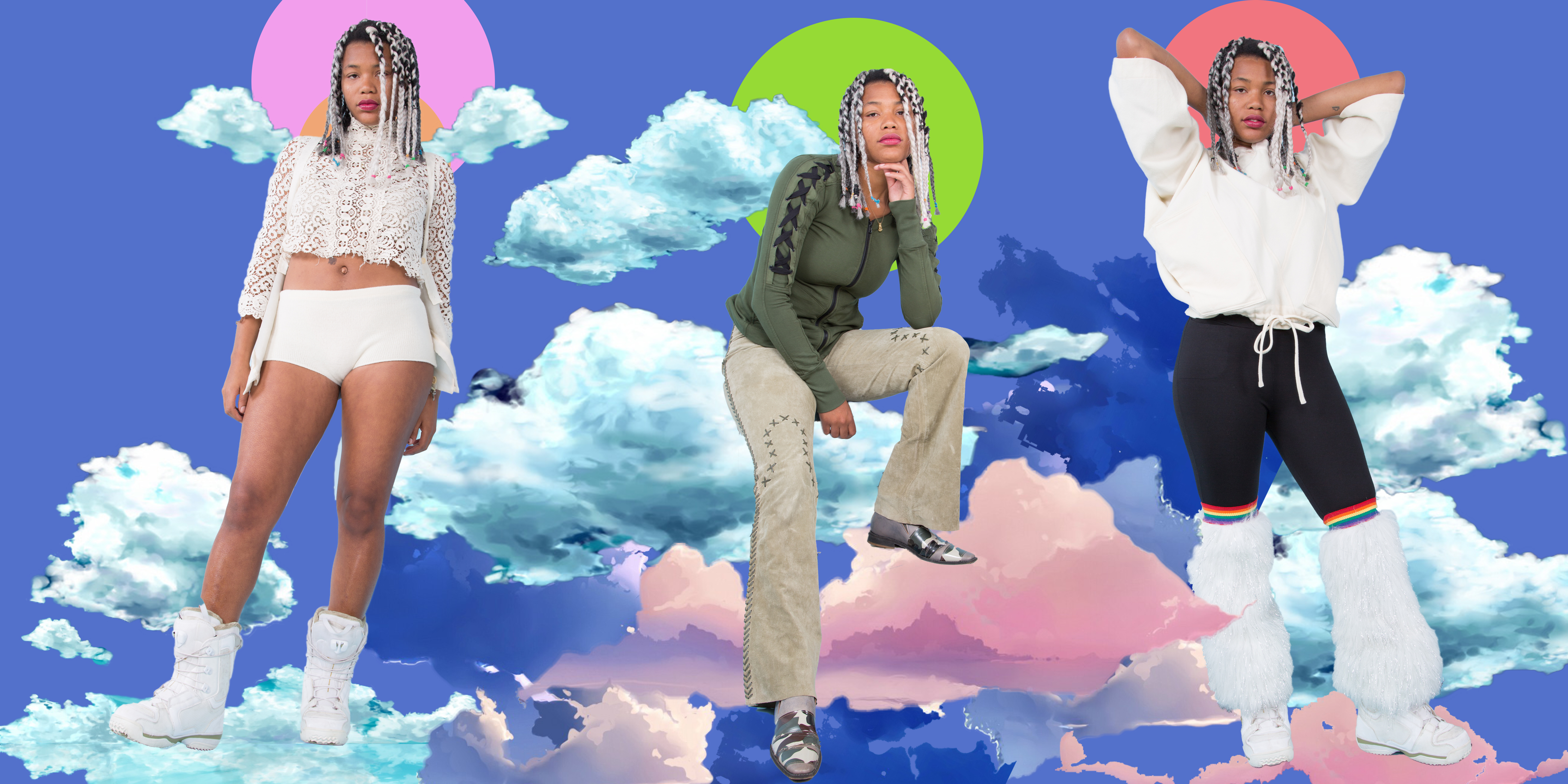
Do you reach out to them? How do you all connect as a community, cause you’re a young femme rapper. Is it a collaborative environment?
I don’t reach out to artists I don’t know personally as much as I should. I think I’m behind the times when it comes to my expectations of what can come from trying to connect more with strangers on the internet. I’d like to though. I’m really into beating my own path. I’m doing me like only I can. But doing you really hard means doing you really hard. So I’m usually more focused on finding out more about who I am as an artist and how to convey that than anything else. But it’s for the greater good. Playing out a steadfast dedication to myself in front of an audience will help that audience in their own journeys. There’s lots of us who are able to support each and also go about are careers pretty singularly as well. I understand being focused on your own thing. I certainly like to do my own thing, but also get excited when I do have a chance to collaborate with artists I relate to. And I do see a lot of femme artists collaborating. But at the same time I think it’s pretty competitive right now, and not necessarily in a bad way. Femme rappers are having a moment right now and it’s been a long time coming, so we’re all gonna get ours.
Since I’ve started making music I’m less of a listener, I used to be a big listener, I guess that’s kind of how I related to music for a long time, I never considered myself a musician. My relationship with music is to make the kind of music that I want to hear. I’m very focused on that. The type of music I want to hear is starting to sound like my own unique thing. Since I’m trying to do something, I’m always looking at it through that lens, which isn’t the point of art but it makes me feel less interested because I have this specific thing in my head now that I’m trying to hear and make.
“You have to fight to love yourself in this world and for other people to appreciate you and to be able to appreciate yourself, especially as a black womxn or any minority or marginalized person. It’s threatening to know your worth.”
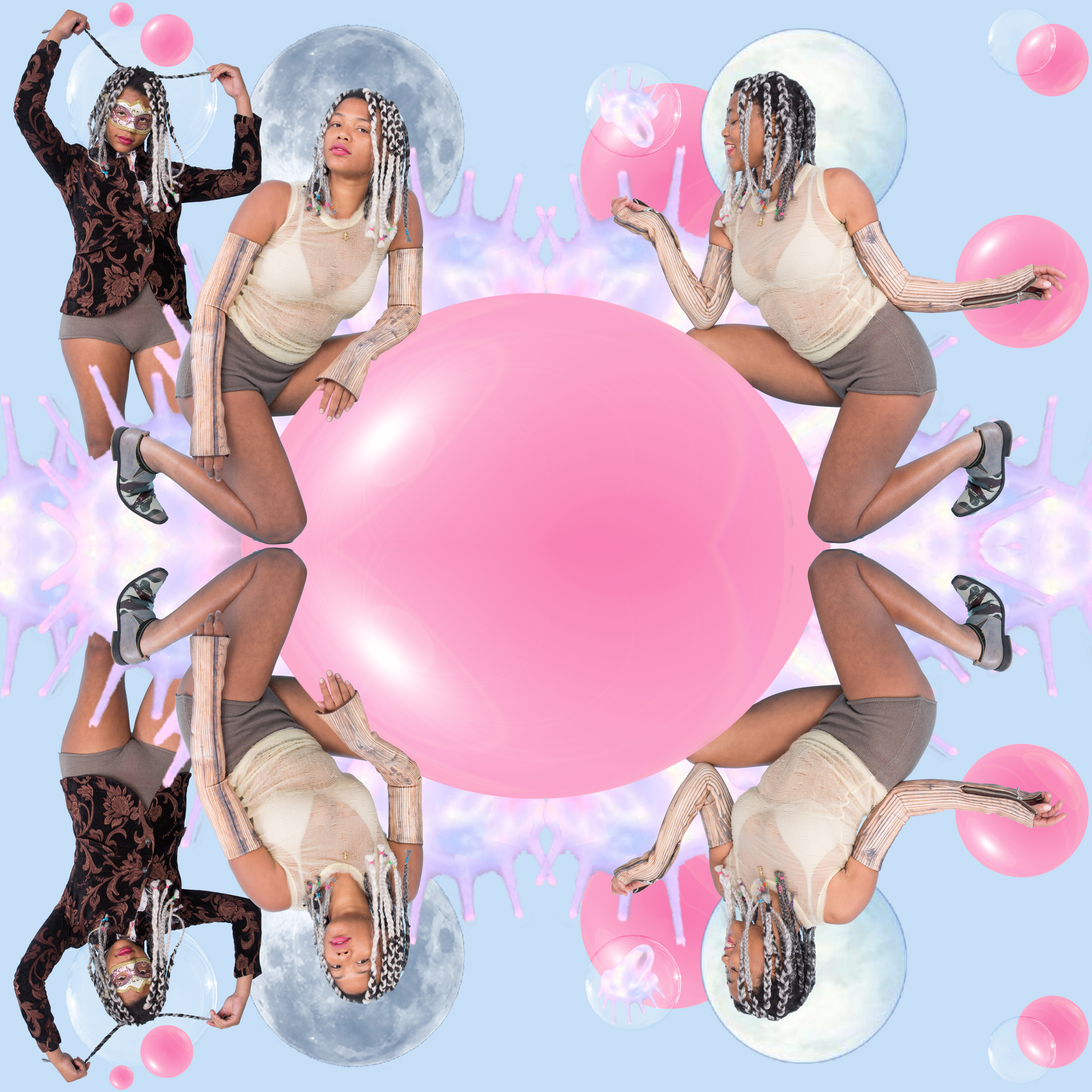
How do you define your next project? What is your process?
It’s very random, I wait and I collect. People will send me beats and I choose a couple I really like, maybe I’ll record on them, very slowly I’ll collect these songs and when I have the collection I want then I’ll put it out. I usually do have a broad vision but it doesn’t direct me that much. This next project is called Yippee. I have this idea of doing fanfare instrumentals and celebratory stuff, sort of child-like, joyful but always with that irony that’s often there when people use words like yippee. Always a little cynicism and sadness. I have a few songs like that but I’m feeling that fanfare is not going to be the focus anymore and I’m going to throw some different sounds in too. It’s an extension of, if you can call it a “brand”, I don’t relate to that word but everybody else seems to, but it’s an extension of what I’ve been trying to put out all along. Childish and prophetic, a child prophet is what I’m going for, having that depth and that knowing, but also that blissful joy. I like to be childish with my voice, with my cadence and my performance. When I was a kid me and my sisters and friends, we did a lot of creative stuff together and it was very authentic because we were kids and we didn’t have that much influence. I try to go back to that a lot. Creatively, what I was attracted to as a child and what it sounded like, it’s an extension of that. I feel like all my projects have that in it.
How far along is it?
I don’t know yet, I don’t know for sure what songs are going to be on it, I probably have 10 new songs, but I don’t think all of them will be on the project. I’ve been doing a lot of shows and now I’m gardening again.
I have a pretty small world, as much as I do in Seattle, and as many people, as I know, I have a pretty small world.
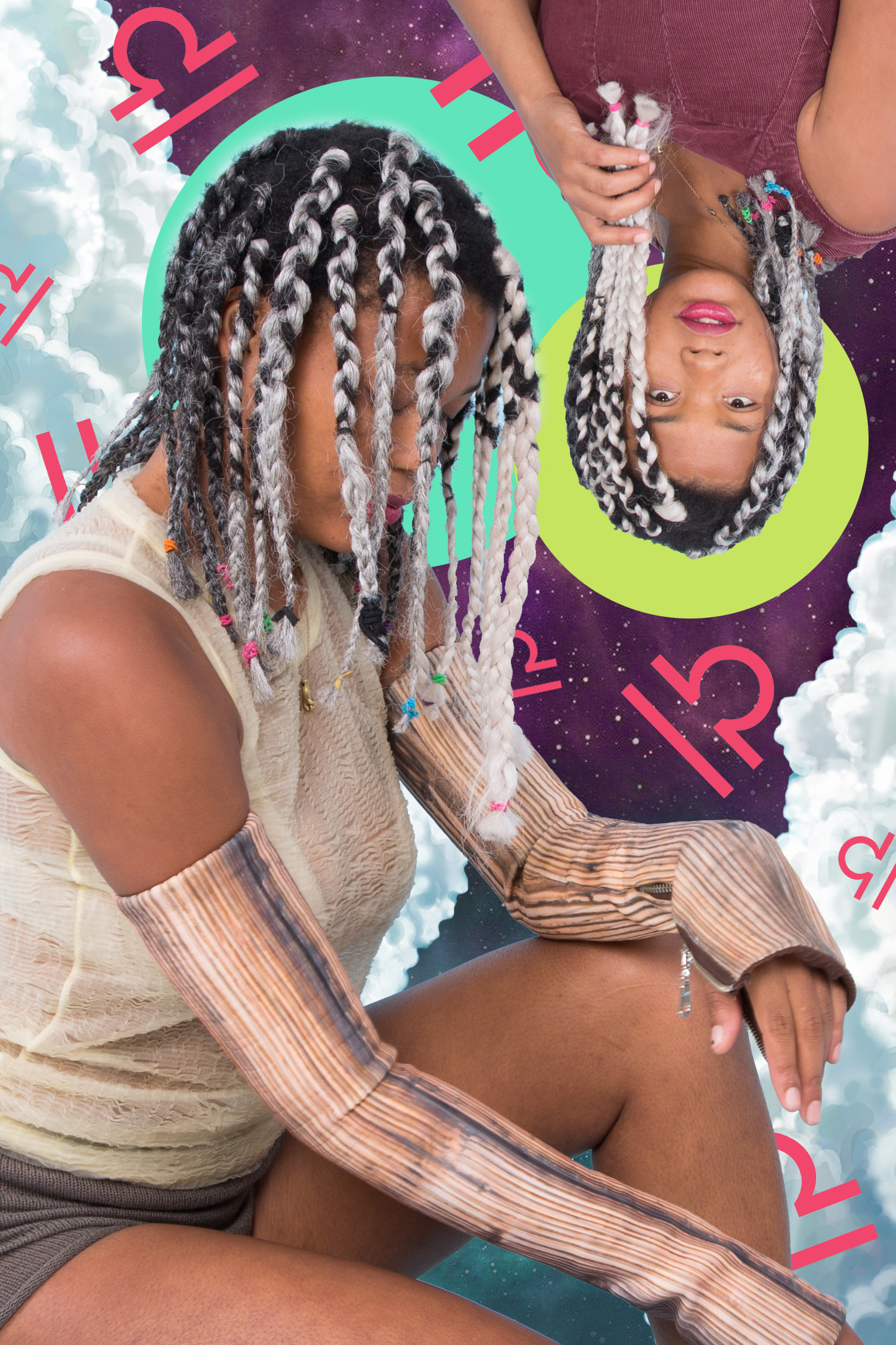
(on right) Prairie Underground Corduroy Bodice Holiday 2017.
Where did you live growing up?
My family was living in Long Beach, California when I was born and then we moved to Maryland for a while, and then we moved to West Africa, Sierra Leone, for a year but we had to leave because there was a military coup. So we came back, lived in DC for a few months then moved back to CA when I was six with my mom, my sisters, and my brother. On and off our grandparents lived with us. All of my siblings went to boarding school, when they were thirteen they were out of the house. And I went to boarding school too, so I was out of the house at thirteen. We moved around a lot in California when I was growing up. Inland Empire, San Diego area, the Valley. I still can’t really get my mom to tell me why we moved around so much because I don’t think she really knows.
She’s kind of a unicorn and i suspect it’s been really hard for her to find community in all these random places. She’s a hospice doctor, and also a very creative and sensitive person. It’s hard for her to be in these corporate, bureaucratic environments. She just hopped around, trying to find the right thing, I guess. I grew up in a family where education is very important, we all went to a private boarding school, we had financial aid and had to get scholarships but my mom sent us to those schools. We all went to private colleges. Pretty amazing. She’s still an enigma to me to this day, she’s really special.
What was it like going to boarding school?
You’re away from the conventional support structure. I went to a boarding school called The Thacher School in Ojai, California. Do you know about Ojai? It’s a pretty small and gorgeous mountain town; it’s a weird place to have this boarding school. It’s a horse school. One of the fundamental things about the school is the horse. Your freshman year, you get a horse and you have to take care of and ride that horse every day. It was a lot of very wealthy white people, and I struggled a lot in that environment. Super traditional, too conventional for me. Maybe well-intentioned, but close-minded because of the bubble it was. I went through a lot of identity confusion and issues, me and my twin sister being one of five or six black people in the school. The majority were wealthy white people of a particular background. Something cool about this school though, was that although some of us were more isolated, in some ways everybody was kind of on a level playing field on that campus and there was a strong sense of community, albeit a little bit cultish.
At that age, I was not at the point where I wanted to be a stand out in any way so I did a lot of hiding. Hiding my background. I didn’t want people to know I wasn’t rich like them and I was on financial aid. My family is extremely well educated going way back. My grandpa is from Sierra Leone, West Africa and he is a prince there, his family was head of the chiefdom WheRe he’s from in Rotifunk. He became a doctor because the missionaries came and he was very smart and they took him and sent him to great schools. He became a doctor and a politician. So there’s a weird class thing in my family where we’re often interacting in a certain class bracket, but not rich or of the same cultural background as the other people in those spaces. We were never wealthy, but always well educated and brilliant and had opportunities. There’s a lot to dealing with that, feeling on the outs, hiding a lot. I felt like I was hiding a lot in my high school years. It was very stressful to try to keep those secrets. It was a weird place, probably 250 kids.
Are you still friends with any of them?
A couple of them I’m close with.
I feel like I really live in the future, not visionary in the way that people talk about a visionary but I like to project what I think should be coming in the future. I don’t think I could be a nihilist because of how much I function in that space, being interested in creating worlds, thinking about what I’d like a world to be like thinking of what’s coming next.
I really feel like I was mostly educated by my family. My ancestors, what’s in me and what I learned from my grandparents, my sisters my brother and my mom. I attribute what I have to them mostly, but I do think I was very privileged to go to a real school. There so much education in the world that’s more of a system that’s happening and less of an educational tool. But I have a lot of issues with the institutions that I went to. My high school I have huge issues with. I think it’s very stuck in the past, very traditional.
My twin sister, she works in fashion, she’s a fashion editor for Garage Magazine and she worked as a Fashion Associate at Vogue for a long time. She’s a super creative genius. she’s been going a more traditional route of things. Working for these very big, influential magazines and stuff. Im excited for her to do her own thing and start something from the ground up because I know she will. And it’s gonna be big. She’s the most top boss. She’s been trying to do a photo shoot at my high school for a long time and they were really against it at first. They feel like fashion is a frivolous thing that wouldn’t reflect well on the school. They’re very elitist and conventional and outdoorsy. They’ve denied her a couple of times of doing photo shoots there. You’d think that because she went to the school and she was always into fashion, she did independent fashion projects at that school, you’d think they’d be supportive. We confronted them and it started a big conversation in the school, which is good. It was on Facebook and lot of artists of color and queer people that went to the school were commenting that this is reflective of some of the ways they felt marginalized when they were students.
I think any artist that’s really smart and an intelligent person, really values fashion and knows what an integral part it is to our society and culture as humans. But there are really outdated ideas about it that conflate it with frivolous things, that aren’t important and serious. It’s probably the one thing that spans across everything, the clothing we wear, the way we present ourselves, our aesthetic. There’s no sector of society that isn’t thinking about that.
I find that young people, or millennials, the imprint of brand is very fleeting because they feel their own identity is branded. The way brands exist in relation to them is different. The predominant thing I see is an affiliation with really large global brands that are speaking to them. What was the last unused thing you bought?
I’ve been looking at these shoes that I want to buy, I saw them on an ad on Instagram. They’re very much a type of shoe I’ve been seeing around a lot. I feel like social media has had a big impact on what people wear. Certain aesthetics started popping up and became popular and you see that in a picture or 20 different pictures of people and they’re the top pictures on Instagram and they’re the people that are getting hundreds of thousands of likes, or whatever, and I feel like people of my generation really gravitate to that.
What is popping on Instagram is what people want to wear. What they’re seeing these influencers wear on Instagram, it’s a totally conformist culture. What is the idea we’re seeing the most and how can we hit that on the head.
I like to shop used (clothing) because I feel like I have my own unique aesthetic and I like to create that myself and I feel that today, especially with Instagram, there are these full looks like a high waist pant that has flames on the side of it or a crop top that has metal type on it, that becomes what you’re seeing over and over again and that’s what people are buying.
I try to look as unique as possible. Look a little bit different and try to create something new. When I do buy something new, it looks like something you would see on Instagram, the type of Yeezy inspired shoes. Ok that’s something I could bring in to my look that is popular and cool and I like it. It plays well off the more out there stuff I wear. I usually do buy used and do my own thing but when I do buy things new, it’s usually to have a little accent of what’s popular.
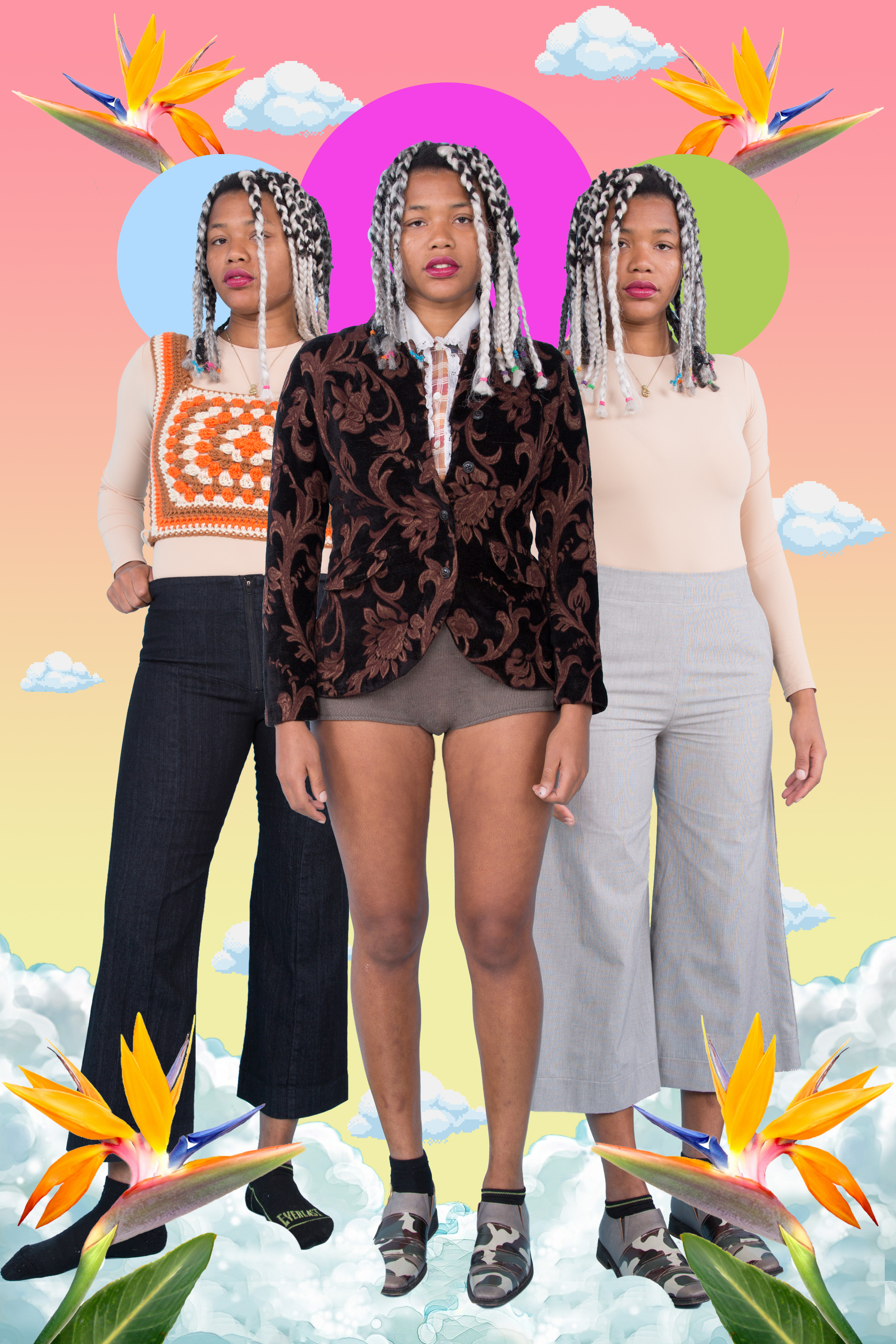
Crochet Jumper is DoNormaal’s own. Prairie Underground Demi-Flare Fall 2018.
Why would that connect with you?
The Yeezy stuff?
Yeah.
I feel like Kanye is kind of like a creative soul mate to me. A lot of the stuff he makes, I feel like, I would make that, that’s cool. A lot of the stuff he puts out resonates with me in that way. I just connect with the stuff, like the spandex biker shorts, real tight form fitting sporty stuff. It’s kind of futuristic and weirdly taking into account climate change in a way because it’s stuff that could be for hot weather and cold weather, because you never know what the weather is going to be like so you have this look that could kind of be for both. And you can move really easily in it.
I love that. It describes the look in a way I’ve never heard it described.
I don’t know if he consciously designs it that way or not but it’s like, when climate change gets really bad and were fighting for things and struggling to regulate our body temperature, I think of that look. Of us wearing that kind of clothing, with layers and that kind of material.
That’s so inspiring. I love hearing that level of interpretation of the aesthetic. It’s profound to think of survival gear in that way, as a new type of military clothing which I think is very intentional. On that note, I’m going to stop recording.
